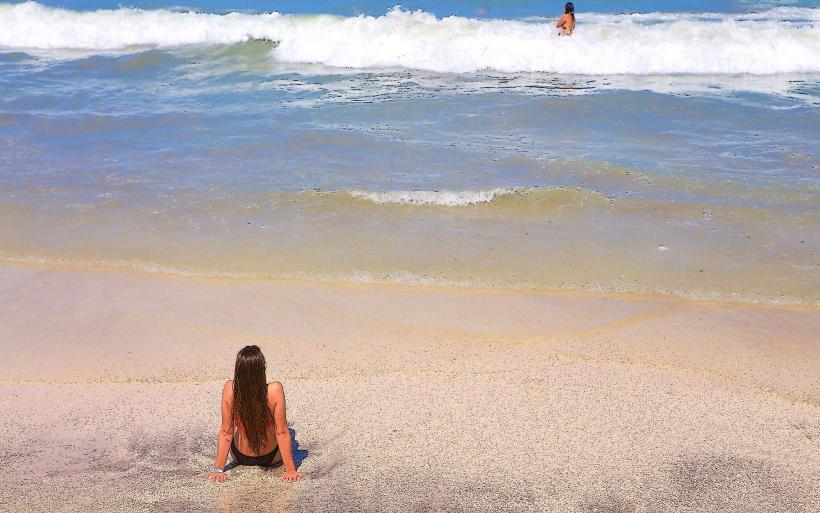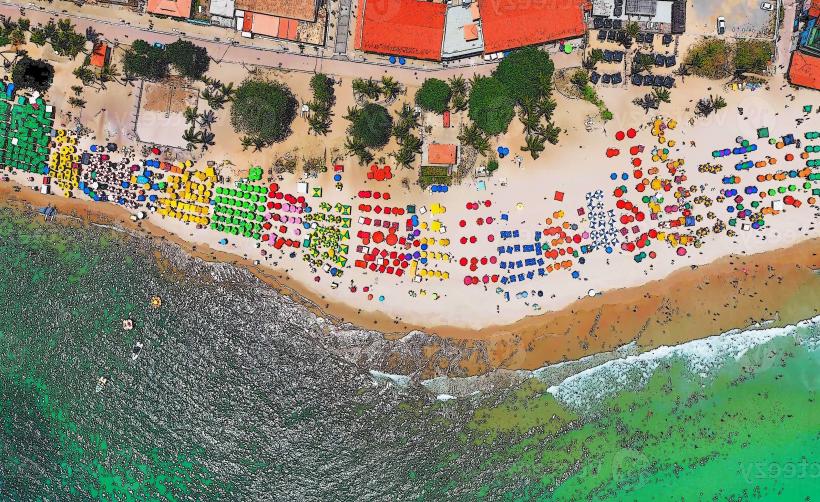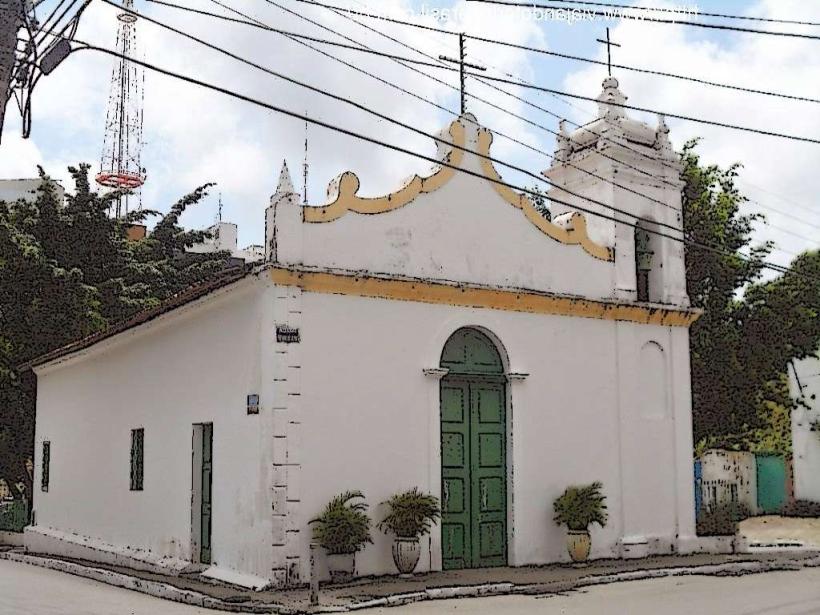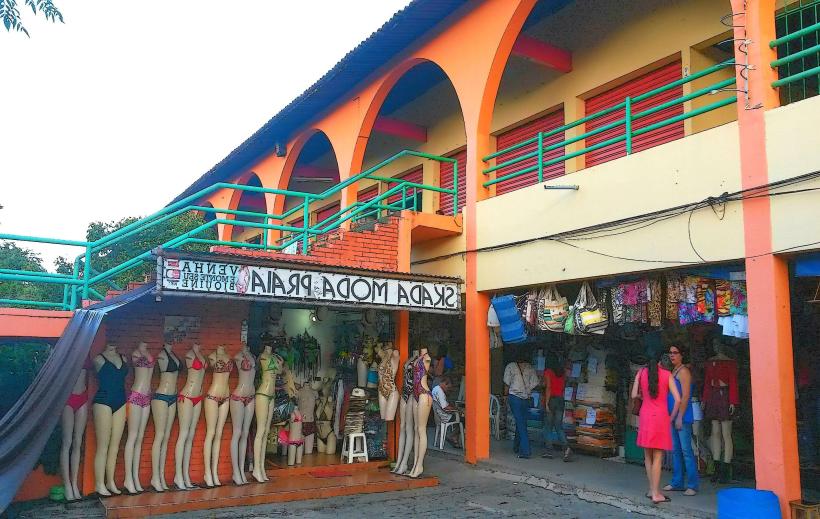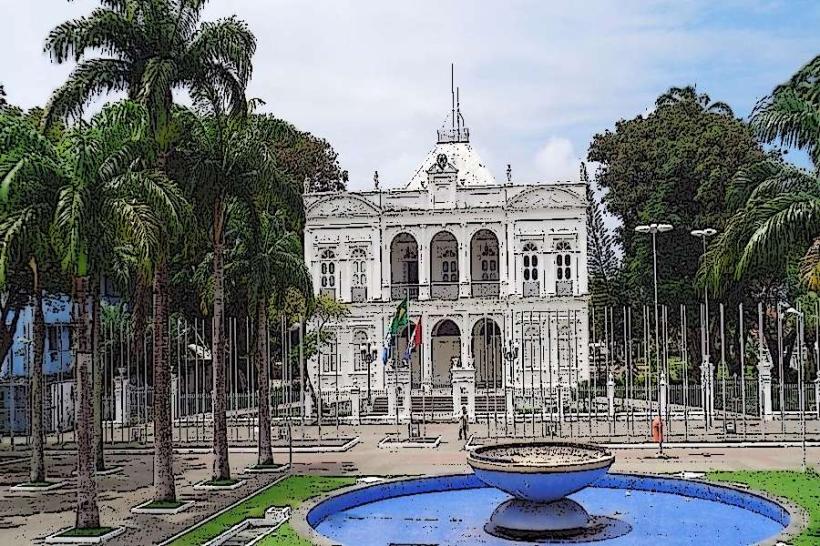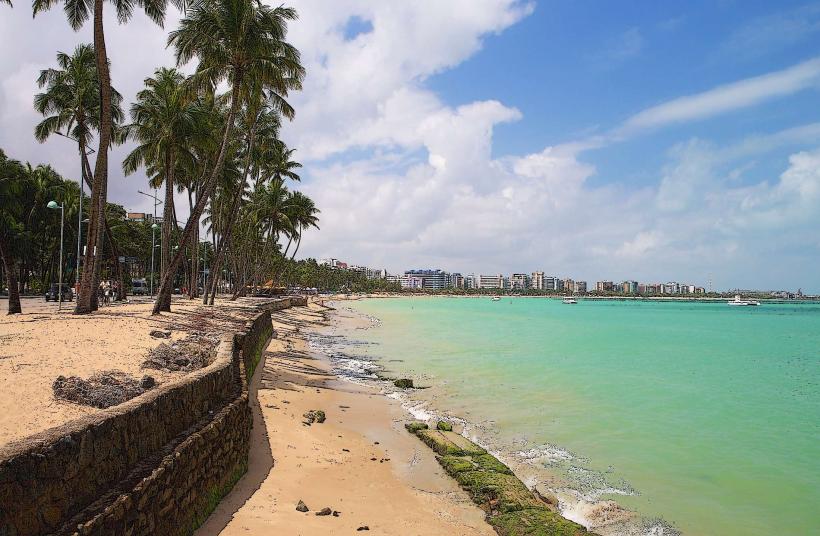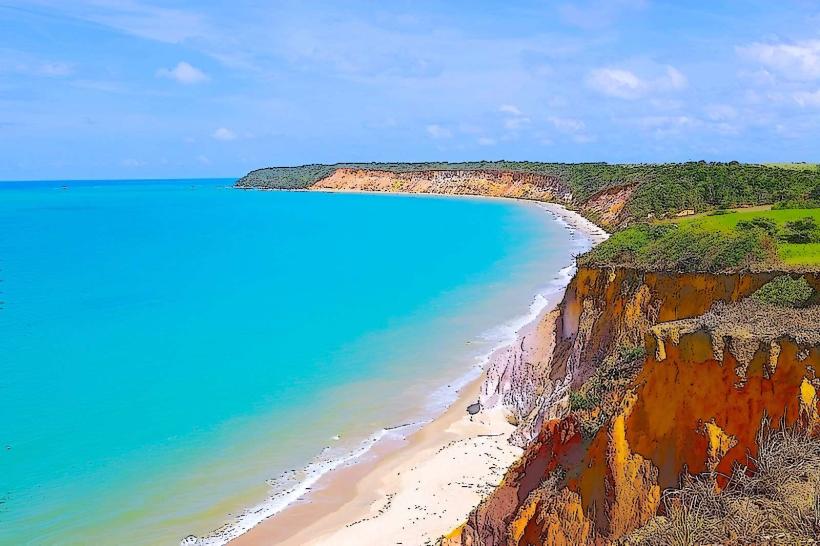Information
City: MaceioCountry: Brazil
Continent: South America
Maceio, Brazil, South America
Maceió serves as the "Water Paradise" and the administrative capital of Alagoas. It is situated on a coastal strip between the Atlantic Ocean and the Mundaú Lagoon, renowned for having the most vibrant coral reefs and turquoise waters of any Brazilian state capital.
Historical Timeline
The city originated from a sugar mill and a small port in the early 19th century. It became the capital of Alagoas in 1839, replacing the colonial city of Marechal Deodoro. Its modern development was driven by the sugar and coconut industries, later transitioning into a tourism-centric economy. A major geological crisis began in 2018 and remains a defining urban issue in 2026: a massive ground subsidence caused by rock salt mining (Braskem) led to the total evacuation and "ghost town" status of five central neighborhoods (Pinheiro, Mutange, Bebedouro, Bom Parto, and Farol).
Demographics & Population
The metropolitan population is approximately 1.35 million. The demographic is primarily Pardo (Multiracial) and White. The city has a distinct "Alagoano" identity, noted for its artisanal traditions and a slower pace of life compared to neighboring Recife. The median age is approximately 32.1 years.
Urban Layout & Key Districts
Ponta Verde / Pajuçara: The primary tourism and residential hub. These districts feature the famous beach promenade and natural pools (piscinas naturais).
Jatiúca: An upscale district known for its high-end gastronomy and modern apartment blocks.
Farol: A traditional residential and commercial plateau, though partially affected by the mining subsidence.
Jaraguá: The historic port district, currently undergoing a slow process of cultural revitalization and nightlife development.
Benedito Bentes: The most populous residential district on the city’s periphery.
Top City Landmarks
Pajuçara Natural Pools: Accessible by traditional sailing rafts (jangadas) during low tide.
Maceió Lighthouse: Located in the Farol district, offering panoramic views.
Metropolitan Cathedral of Our Lady of Pleasures: A 19th-century neoclassical structure.
Théo Brandão Museum of Anthropology: Preserving Alagoan folk art and traditions.
Pontal da Barra: A traditional neighborhood famous for Filé (UNESCO-recognized lace embroidery).
Transportation Network
Air: Zumbi dos Palmares International Airport (MCZ) is located 25 km from the city center.
VLT (Light Rail): A suburban rail system connecting the center to neighboring towns like Rio Largo; it is primarily used by commuters.
Ride-sharing: Uber and 99 are the standard and most efficient modes of transport.
Water: Jangadas (traditional rafts) are the essential "transport" for visiting the offshore reefs.
Safety & "Red Zones"
Red Zones: Avoid the "ghost neighborhoods" affected by the subsidence (Pinheiro/Mutange) due to structural instability and abandonment. Avoid peripheral neighborhoods like Clima Bom or Vergel do Lago.
Precautions: Maceió has high crime rates in non-tourist areas. Stick to the beachfront boulevards (Ponta Verde, Pajuçara, Jatiúca) where police presence is high. Avoid walking on the sand at night.
Digital & Financial Infrastructure
Average internet speed is 88 Mbps. 5G is available in the coastal districts. The Pix system is universal. Card acceptance is 100% in businesses and even among jangada pilots. ATMs are concentrated in the Maceió Shopping and Parque Shopping.
Climate & Air Quality
Tropical climate. Temperatures range from 23°C to 30°C. The rainy season occurs from May to July. Air quality is exceptionally high due to the lack of heavy industry and constant Atlantic breezes. The ocean temperature is consistently warm (approx. 27°C).
Culture & Social Norms
The local culture is deeply tied to Filé lace making and Guerreiro (folk dancing). Tipping is a 10% service charge. A unique social norm is the "low tide schedule"; daily life and tourism activities are strictly dictated by the lunar tide table for access to the natural pools.
Accommodation Zones
Ponta Verde: Recommended for the best infrastructure, safety, and proximity to the famous beach signs.
Jatiúca: Recommended for those prioritizing high-end dining and a modern urban feel.
Local Cost Index
1 Espresso: 8.50 BRL ($1.55)
1 Standard Lunch (Tapioca or Seafood): 35.00 BRL ($6.35)
1 Jangada Trip to Pools: 50.00 BRL ($9.10)
1 Taxi/Uber (5km): 20.00 BRL ($3.65)
Nearby Day Trips
Maragogi: Famous for massive "Galés" coral reefs (125 km / 2 hours).
Praia do Gunga: Often ranked among Brazil's most beautiful beaches, known for cliffs and coconut groves (45 km).
Dunas de Marapé: Where the river meets the sea (65 km).
Marechal Deodoro: The colonial former capital (28 km).
Facts & Legends
A prominent legend involves the "Mother of Water" (Iemanjá) appearing in the Mundaú Lagoon. A verified historical oddity is that the city’s name comes from the Indigenous Tupi term Maçayó, meaning "What covers the swamp." Another fact: Alagoas is the birthplace of Zumbi dos Palmares, the most famous leader of the runaway slave settlements in Brazil, and Marechal Deodoro da Fonseca, the first president of Brazil.

